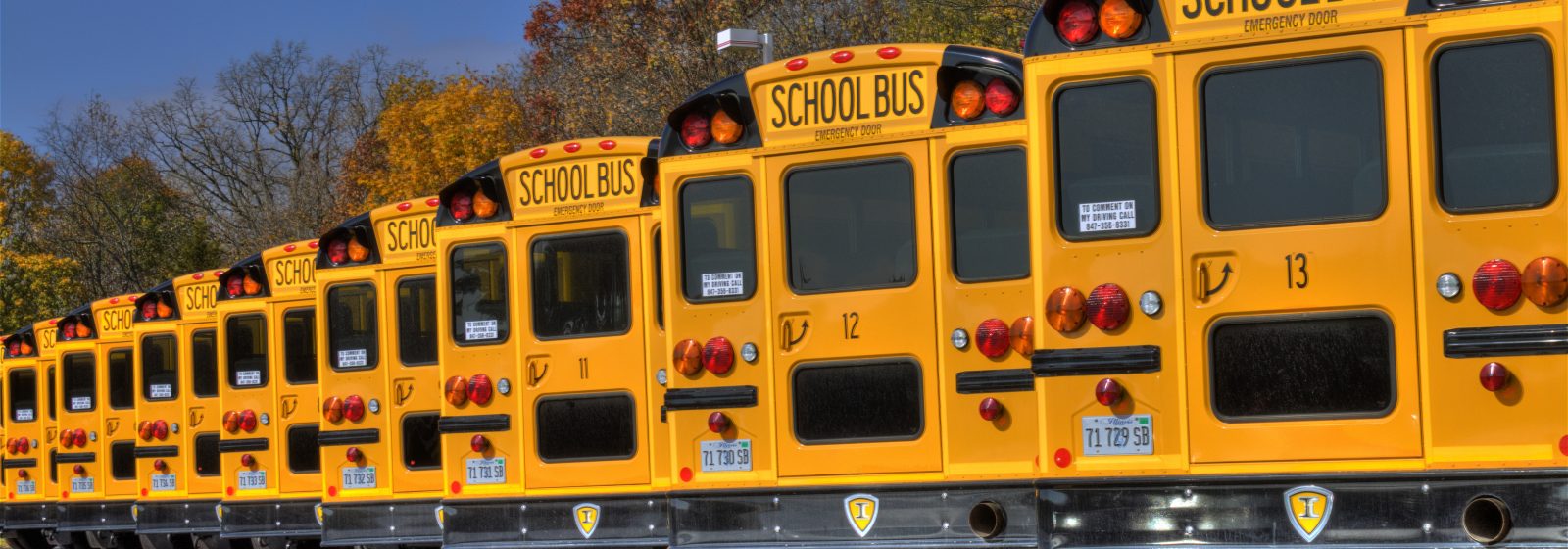Are Your Students Prepared for School?
By Chris Maxwell
Do you hear the noise? Buses and bells. Feet walking and voices talking. Laughter and instructions and assignments and lunch. The sounds of another school year are growing louder and louder. Are your students ready—not just to attend classes, but to be fully present in the classroom, to listen carefully, to learn deeply? Here are a few things to focus on as you help prepare your students for the coming school year.
Desire to Learn
Some things we enjoy and find easy to do. We don’t have to be told to finish a plate of our favorite food or to stick it out to the end of our favorite movie. Other duties aren’t instinctually fun. But over time, we train ourselves to take that extra jog, to complete that additional assignment, to perform well when no one is watching. We intentionally change diets to improve nutrition. Help your students do the same academically. God crafted creative minds, and he wants them to develop.
Time management
We can’t control the movement of time. Days come and go, and once the time is gone, we can’t get it back. We can, however, budget our time wisely. What we do today crafts the people we become tomorrow. Walk with your students through their schedules. Show them how to manage it better. Guide students away from legalism or inflexibility, and toward wisdom. This is something to do now, before students get busy with school activities.
Laziness
Rest is good. Sleep is necessary. Naps are too often ignored in our culture. But laziness destroys potential. Wasting time is wasting our lives away. Encourage students to avoid laziness. Push them to give their best.
Relationships
Encourage students to spend time with the right people doing the right things the right way. Unhealthy relationships destroy many people at a young age. Teach them to love everyone, to be kind to each person. But they should be spending the most time with those who have a Christ-like influence in their lives.
Temptations
We are all tempted at some point. We all feel desires to do things we should not do. What are the struggles your students are most likely to face? What battles do they tend to lose? Who is available to help them find victory over those temptations? Are you willing to offer them help, accountability, advice, prayer, and encouragement instead of leaving them to fight the battles alone?
James 1:13–15 says, “When tempted, no one should say, ‘God is tempting me.’ For God cannot be tempted by evil, nor does he tempt anyone; but each person is tempted when they are dragged away by their own evil desire and enticed. Then, after desire has conceived, it gives birth to sin; and sin, when it is full-grown, gives birth to death.”
“The voices we hear influence the choices we make.”
Tendencies
Help your students identify their positive and negative tendencies. They should think of the normal ways they respond to particular situations and determine the dangers or benefits in their tendencies. Then, encourage them to keep the healthy and delete the unhealthy.
Voices
The voices we hear influence the choices we make. What do I mean by voices? Thoughts, feelings, memories, wounds, fears, rituals, tendencies, behavior of friends and family, behavior of enemies, cultural influence, books, social media. What voices are your students hearing? Are they surrounded by negative or positive messages? Do they live in echo chambers, or are they open to voices that will help them learn and grow? Help students identify what voices most influence them, and what that means.
Traditions
Give students opportunities to continue developing healthy traditions, like spiritual disciplines, resistance to temptation, accountability, safe boundaries, and deep relationships. Study can become a tradition. So can prayer. Repetition can embed these positive habits into your students’ lives forever.
Talk to your youth about these deeper, practical issues as they jump into another school year. Do more than play games and eat junk food. Help students face the realities of life. Guide them to make healthy decisions now so their lives will be better in the future.
And talk to yourself about these issues. As you help your students get ready for a new school year, you can be motivated to change and grow and learn, as well. Prepare yourself as you help them prepare.
CC Image courtesy Larry Darling on Flickr.
About the Author
Guest Contributor
The LeaderTreks Blog is proud to share the hard-earned wisdom of student ministry leaders from many different backgrounds and professions. From time to time, we will feature guest blog posts from writers other than our regular contributors. We include these posts to provide additional perspectives and insight that we’re sure will help develop you and your ministry… Read More




